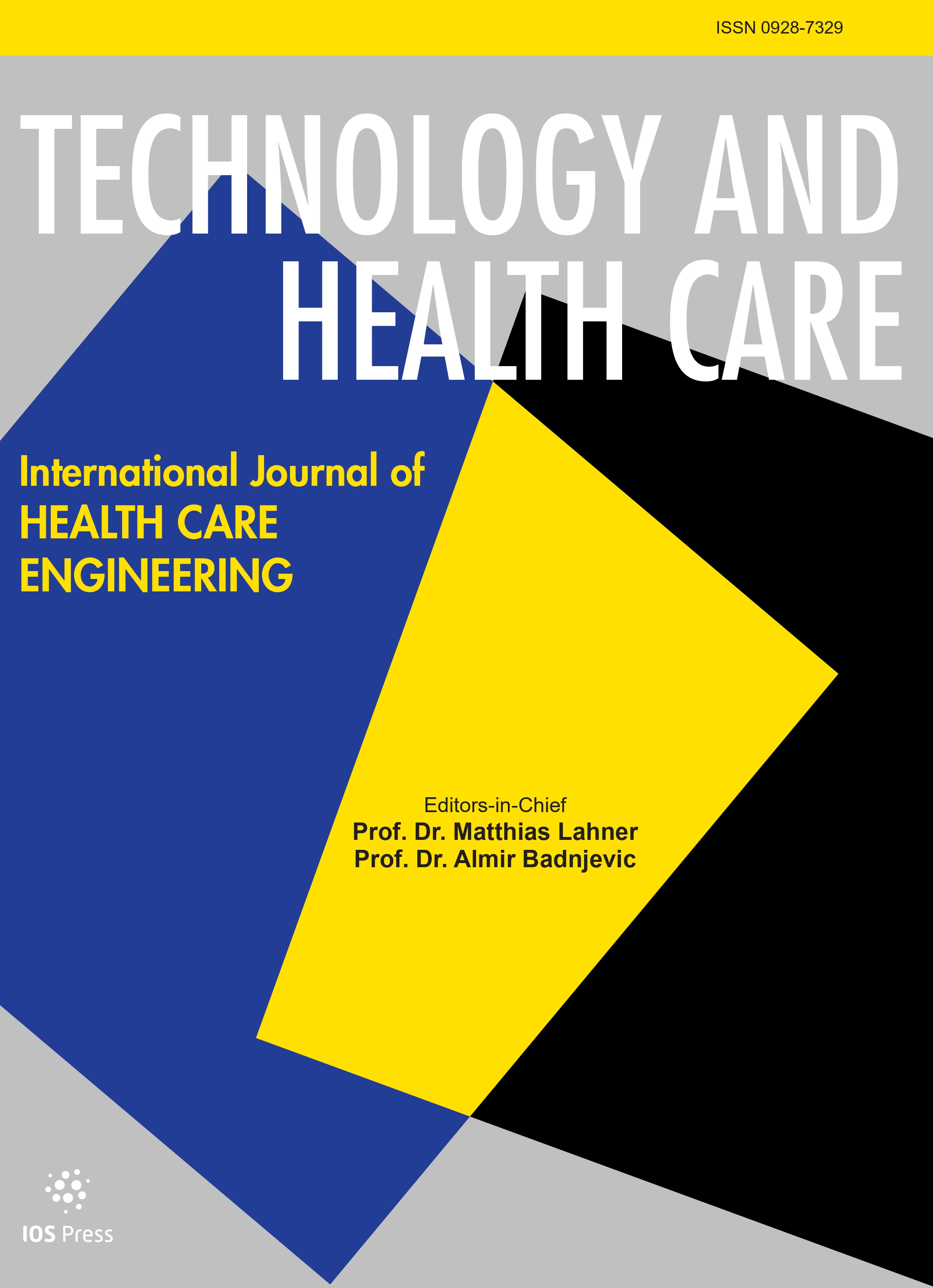Authors: Greiner, K. Allen | Geana, Mugur V. | Epp, Aaron | Watson, Angela | Filippi, Melissa | Daley, Christine Makosky | Engelman, Kimberly K. | James, Aimee S. | Campbell, Marci
Article Type:
Research Article
Abstract:
Objective: The aim of this exploratory study was to assess factors deemed by patients as “important” as they planned and considered undergoing colorectal cancer (CRC) screening, and to use this data to design a computer-delivered intervention to promote screening. Methods: Fifty participants 50 years or older, not up-to-date with current recommended CRC screening guidelines, were recruited from a primary care clinic. A semi-structured interview focused on aspects of preparing for colorectal cancer screening was administered; after transcription, researchers used triangulation and consensus to identify relevant themes and concepts. Results: Four main themes were identified
…that dealt with issues important for both FOBT and colonoscopy planning: personal concerns, reminders, communication with healthcare providers and obtaining test results. FOBT specific themes included: sample collection and return. For colonoscopy screening, themes included: scheduling, intervention questions, colonoscopy preparation, and transportation. These can be classified as barrier, process and accessory themes. The developed computer-administered implementation intentions algorithm addressed all the identified concerns in a planned and sequential manner, in order to facilitate planning for CRC screening. Conclusions: The results of this study suggest that appropriate reminders, explanations of procedures, and patient understanding of temporary life disruptions, help patients develop and accept a detailed screening plan.
Show more
Keywords: Colorectal cancer screening, FOBT, colonoscopy, implementation intentions, computer intervention, underserved populations
DOI: 10.3233/THC-2011-0653
Citation: Technology and Health Care,
vol. 20, no. 1, pp. 25-35, 2012
Price: EUR 27.50




